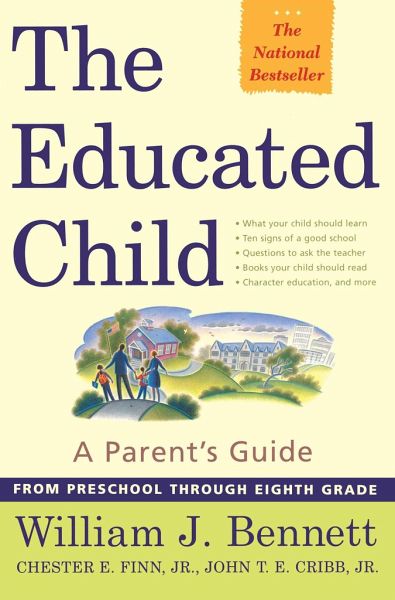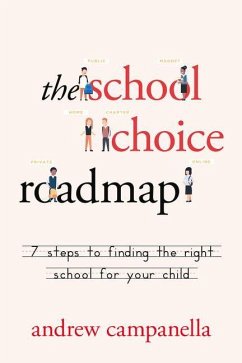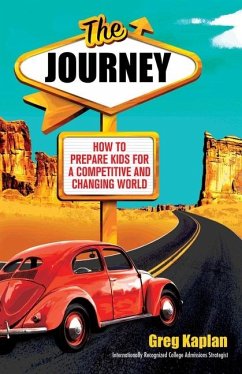
The Educated Child
A Parents Guide from Preschool Through Eighth Grade
Versandkostenfrei!
Versandfertig in über 4 Wochen
19,99 €
inkl. MwSt.

PAYBACK Punkte
10 °P sammeln!
A comprehensive, thoroughly practical approach to the fundamentals of education, written by the former secretary of education whose insights into the concerns of contemporary parents catapulted "The Book of Virtues" to the top of national bestseller lists. It covers specific objectives for each of three grade groupings: K-3, 4-6 and 7-8. (Education / Teaching)








![Moving & Learning with Your Child [25-Pack] Cover Moving & Learning with Your Child [25-Pack]](https://bilder.buecher.de/produkte/41/41452/41452484n.jpg)



